
As you go through life, the quest for healthy aging and longevity becomes more important. No matter what we do, we will eventually get older. But the way we deal with this amazing stage of life will depend on what we choose.
The key to healthy aging and longevity is to take a holistic approach that balances your physical, mental, and emotional health.
Longevity isn’t just about living longer; it’s about living well. It’s about optimal aging, where your brain, body, mind, and spirit thrive into your later years. The good news is that healthy aging is more about lifestyle choices than genetics, and it’s never too late to make changes that will have a lasting impact.
I’ve read and studied The Blue Zones, a New York Times bestseller, and learned a lot from the secrets of the world’s longest-lived people, as well as the best strategies for longevity found in the blue zones.
The National Geographic fellow, and author of the book, Dan Buettner studied areas with the most 100-year-olds and found five “Blue Zones”: Okinawa, Japan; Sardinia, Italy; Loma Linda, California; Ikaria, Greece; and the Nicoya Peninsula, Costa Rica. He discovered that people in these areas tend to live longer by doing things like moving around more, eating less, making friends, and having a sense of purpose. These habits can help you stay healthy and happy in your later years by preventing diseases like heart disease, diabetes, stroke, and dementia.
All I can say is that if you want to age in a healthy way and live a long time, you need to stay healthy and active. Here is how science can help us accomplish that.
Let’s explore some science-backed secrets to healthy aging and longevity.
1. You Are What You Eat

When it comes to healthy aging, the saying “you are what you eat” is very true. Getting the right nutrients is a big part of keeping your body working well and fighting the signs of aging.
Knowing what you are eating can help your cells stay healthy, boost your immune system, and maybe even lower your risk of getting diseases that come with getting older.
Adopt the longevity diet
You may have heard that the Mediterranean diet is great for your brain and body. It turns out that people who live in Blue Zones, which are known for having long lives, eat pretty much the same way.
A study published in PLOS Medicine in 2022 said that eating a Mediterranean diet might even help you live longer by up to ten years!
Beans and legumes are the unsung heroes of a longevity diet. Research shows they’re the best dietary predictors of healthy aging and longevity across various ethnicities. They are like superfoods, providing slow-burning energy, fiber, and protein to keep your immune system in top shape.
Packed with veggies, fruits, olive oil, nuts, and fish, the Mediterranean diet is a delicious way to nourish your body.
Eat less meat
Meat is rare in the Blue Zones, so it is eaten only about five times a month. Blue Zones residents also practice eating until they are 80% full and often enjoy a small glass or two of red wine with meals and friends.
Similarly, the Mediterranean diet is rich in vegetables, fruits, nuts, olive oil, and legumes, with limited meat. It also includes grains, fish, and an occasional glass of wine.
Even small amounts of red meat (e.g., 2 ounces daily) can increase cardiovascular disease risk. So, replacing red meat with healthy plant-based alternatives like legumes, quinoa, whole grains, nuts, seeds, tofu, and tempeh reduces mortality risk.
According to this research, a 3% shift in caloric intake from animal to plant protein can decrease all-cause death risk by 10%. Blue Zone inhabitants typically eat red meat only twice a week, in small portions, and consume up to 3 ounces of fish daily.
When you combine beans with grains such as navy beans and barley stew, you get a complete protein similar to meat.
Eat lots of fruits and vegetables
Similarly, some centenarians keep going strong because they fill their plates with a variety of garden-fresh vegetables, herbs, and fruits. Science backs it up too!
A 2021 study in Circulation found that enjoying about two servings of fruit and three servings of vegetables daily can help you live longer. The American Heart Association also says that you should eat 4–5 servings of fruits and vegetables every day.
In the Circulation Study, Harvard researchers discovered that people who eat five servings of fruits and vegetables a day have:
- 12% lower risk of dying from heart disease
- 10% lower risk of dying from cancer
- 35% lower risk of dying from respiratory diseases
This is because plant foods pack 64 times more antioxidant power than meat and dairy! These antioxidants are essential for protecting your body from free radicals, which can damage your DNA and cause illness.
According to the Dietary Guidelines for Americans, you should eat two and a half cups of vegetables and two cups of fruit every day. That is nine servings.
For the best benefits, go for a colorful mix. Deep green leafy veggies like spinach and kale and vibrant fruits and veggies rich in beta carotene and vitamin C (think citrus, berries, and carrots) are your best friends. However, starchy veggies like peas, corn, and white potatoes don’t have the same longevity boost.
Don’t forget to stay hydrated for optimal bodily function, digestion and overall wellbeing.
READ ALSO: How Women Over 50 Are Redefining Longevity and Successful Aging
2. Make Movement a Natural Part of Your Day

Regular movement is a potent elixir for healthy aging and longevity. Being active not only keeps your heart healthy, makes muscles stronger, and increases your flexibility, but it also has many other health benefits.
Doing a variety of physical activities can help you live a full and active later life. Like I have always said, you don’t need to go to the gym to stay active and healthy. In fact, people who live the longest in the Blue Zones don’t go to the gym; they naturally move every 20 minutes. The fact that they don’t live a sedentary lifestyle is what makes them age well. They do not use machines to get to work, garden, or do housework.
A shorter life span and a lot of different health problems have been linked to sedentary behavior, which usually means lying down or sitting while awake. Research has shown that moving around makes you healthier.
A study in the British Journal of Sports Medicine found that sitting less can increase good cholesterol and lower the risk of cardiovascular disease and all-cause mortality, regardless of regular exercise.
You can get more exercise by standing on one leg while you brush your teeth, stretching while your coffee is brewing, and walking around while you talk on the phone.
I recently wrote about exercise snacks. Instead of a sedentary lifestyle, doing light exercises intermittently can be thought of as “exercise snacking.” So if you want to live an active life, you can choose from different ‘exercise snack recipes’ that will help you.
Try a mix of cardio and strength training exercises
If you need to do some rigorous exercise, try cardio exercises. It’s great for your heart, but strong muscles are vital for healthy aging and longevity too. The secret to healthy aging and longevity also lies in a dynamic blend of cardio and strength-training exercises.
Strength training is very important for keeping your muscles and bones strong and your joints flexible. You don’t need weights to build muscle, if you don’t want to. Exercises like wall sits and planks lower blood pressure and strengthen muscles without stressing your joints.
I have designed a wide range of short exercises on my YouTube channel that you can do regularly without carrying weights if you want to do some cardio exercises, strength training, or mobility exercises.
Use your body weight for strength exercises, and you’ll stay active, energized, and fit for decades.
3. Avoid Stress By All Means
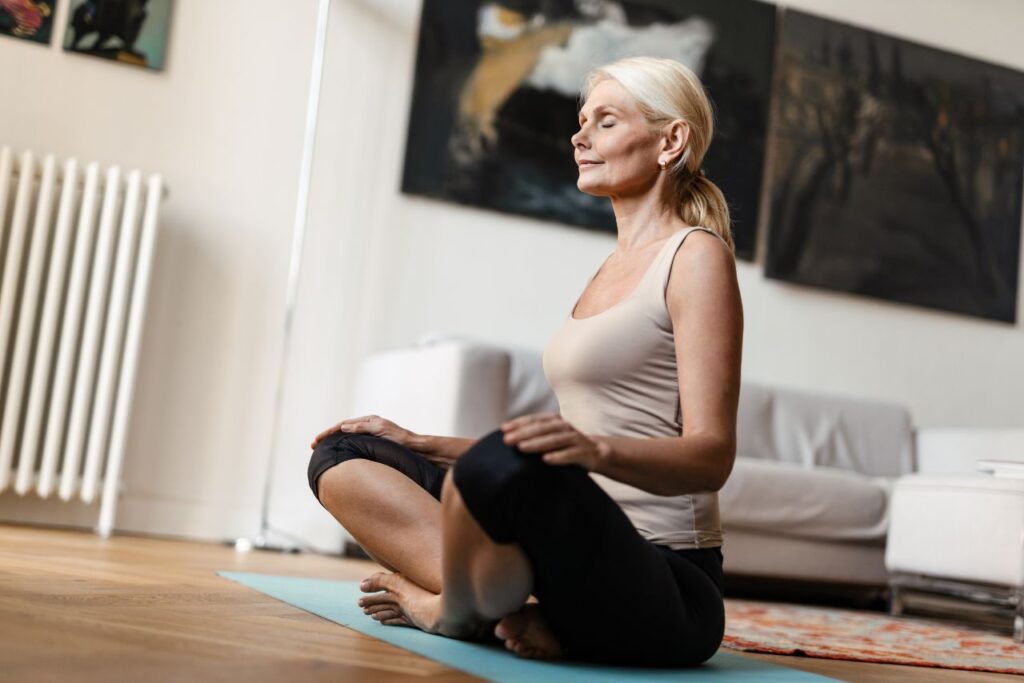
Stress can feel like it is impossible to avoid, but too much of it can be very bad for your health. Over time, it can really hurt your body and mind, possibly even speeding up the aging process and making you more likely to get diseases that come with getting older.
Stress can hurt your heart, weaken your immune system, and make it harder to keep up healthy habits like working out and eating right. You might not be able to get rid of all stress, but there are simple things you can do to deal with it.
Breathwork
Once again, I want to re-iterate that breathwork is a simple but effective technique. Focusing on your breathing for a few minutes a day can help lower your blood pressure and stress levels a lot.
Science supports breathwork, which has been used for thousands of years in many different cultures. In as little as five minutes a day, breathwork can completely change your life.
Focusing on your breath turns on your parasympathetic nervous system. This helps to calm your mind and lower your stress. With each breath, you’ll feel the tension melting away from your shoulders, neck, and entire body. This is real, physiological relaxation!
Try time distancing as a stress reliever
If you find that you are thinking too much about something, try “time distancing” or ‘self-distancing.” This mental exercise will help you find peace in the thoughts of tomorrow. When things are making you stressed, think about how important they will be in the future. Eventually, these worries will seem small, and you will feel better right away.
This natural shift in perspective can help you, but only if you put some time between yourself and the situation. This method clears your mind, like pressing a reset button. It helps you relax from the stress of the present moment.
Connect with nature
Taking a break and connecting with nature can also help reduce stress. Your ability to deal with stress will improve a lot if you can take 20-to-30-minute walks in nature a few times a week.
Spending just 20 minutes connecting with nature can significantly lower stress hormone levels, according to a 2019 study in Frontiers in Psychology.
Researchers found that interacting with nature for at least 20 to 30 minutes, three days a week, resulted in the greatest reduction in cortisol, a stress hormone. Participants engaged in activities like walking or sitting in various outdoor settings, avoiding exercise and unrelated stimuli beforehand.
The study suggests that regular, short nature breaks are an effective way to reduce stress and improve mental well-being, regardless of the specific time of day or location.
Finally, do things that help you relax and make better choices, like running, writing in a journal, or meditating. Setting aside time without your phone, like on Saturday mornings, can help lower your stress levels.
Stay healthy, happy, and young by doing things during this time that will not distract you.
4. Live A life of Purpose

It can be life-changing to find a sense of purpose. This powerful idea is known as “Ikigai” in Okinawa, which means “a reason to live.”
According to Japanese culture and history, ikigai is the idea that life is valuable and that you can be happy if you are living your life’s purpose. This way of thinking has helped a lot of people live a meaningful life.
Dan Buettner says in “9 Lessons for Living Longer From the People Who’ve Lived Longest“, that knowing your role in your family, community, and job and being happy in that role can add seven years to your life. If you want to live a full and healthy life, you need to have this sense of purpose.
This study shows that there is a strong connection between having a sense of purpose in life, healthy aging and longevity.
It may seem hard to find and grow your purpose, but the first step is to be grateful and keep things in perspective. Reflect on what truly brings you joy and fulfillment. Spend time every day doing what you love, whether it is volunteering in your community, rekindling an old hobby, or even starting a new career. Sticking to doing the things you enjoy can do amazing things for your health.
There are real health benefits to living with a purpose. It can lower stress, anxiety, and depression, and it can also improve physical health by encouraging people to do healthy things like exercise regularly and eat a balanced diet.
Research has shown that having a clear sense of purpose can significantly increase your lifespan, giving you something to look forward to and work towards every day.
5. Get Enough Sleep

Sleep is a key part of healthy aging and longevity. It has many health benefits for both your body and mind. While we sleep, our bodies perform important healing processes that keep us feeling young and healthy.
Our muscles, organs, and brain cells repair and grow new ones while we sleep. When we sleep every night, our metabolism and the release of key hormones are also controlled. The spaces between brain cells widen, allowing fluid to flush away toxins, a crucial process for brain health. This is also when your brain processes, consolidates, and stores memories, keeping your mind sharp and clear.
All of these things go wrong when we do not get enough sleep, which makes us more likely to have health problems. Getting good sleep could add more years to your life. According to this study, longevity in humans is linked to regular sleep patterns, staying in slow wave sleep, and having a healthy lipid profile.
Lack of sleep can be a sign of deeper health problems. For example, there is a strong link between how well you sleep and health problems like heart disease and obesity. Some of these conditions, like sleep apnea, can make it hard to sleep, which can hurt your health and shorten your life.
Make a bedtime routine that helps you relax to get the most out of your sleep. Your bedroom should be cool, dark, and quiet so that you can fall asleep. Blue light from screens can mess up your body’s natural sleep-wake cycle, so do not use them right before bed. Relax with a good book or some soothing music instead.
READ ALSO: 20 Amazing Sleep Products For a Good Night’s Rest
6. Build a Sense of Community

We are social by nature, and the quality of our relationships can have a huge effect on our health and longevity. Having strong social connections and a sense of community can help you in many ways as you get older.
Having a strong sense of community is what keeps some of the world’s oldest people alive. Regular communication is important for keeping their bonds strong.
Sharing your thoughts and listening carefully are both parts of being a good friend. These easy things can help you make and keep connections that last. Having a healthy group of friends can also help you stick to good habits. Laughter can spread like loneliness does! This tradition is known as “Moai” among the Okinawan people.
Studies have found that people who have a lot of friends and loving relationships are less likely to get high blood pressure, diabetes, obesity, and maybe even cancer.
People who live in close-knit families also live longer. According to this study, When family members live close to each other and help each other out, everyone enjoys it. Keep in touch with family and friends, take care of your relationships, and enjoy the love and support that they give you.
Do things that involve other people
Take part in activities, clubs, or groups that are related to your values and interests. These social interactions can keep your mind active, make you feel like you belong, and make you happier in general.
Volunteering or doing charitable activities are great ways to give back to your community and meet people with similar interests and values.
Building strong relationships with other people and getting involved in your community can give you a sense of purpose, make you feel less alone, and improve your overall health.
All of these things can help you have fulfilling and enriching older years.
Closing Thoughts
Healthy aging and longevity are not accidental outcomes, but rather the product of deliberate actions and an all-encompassing perspective on health. Your golden years can be full of vitality and purpose if you can adopt these secrets to healthy aging and longevity supported by science.
You don’t have to spend millions to live long and stay healthy. Science shows that some simple daily habits, like exercising, eating well, staying in touch with friends and family, and lowering your stress, can add decades to your life.
Remember that getting older in a healthy way is a lifelong process. Even small steps you take today can have a big effect on your health in the future. Just a few minutes a day of doing even a few of these things can help your health in the long run.
Live a balanced life, take care of your body and mind, and develop a strong, positive attitude. You can learn how to age gracefully and enjoy every moment with vitality, purpose, and happiness if you do this.
♡ Love ♡,
Schellea
References:
- Zhou L, Yu K, Yang L, et al. Sleep duration, midday napping, and sleep quality and incident stroke: the Dongfeng-Tongji cohort. Neurology. 2019;94(4):e345-e356. doi:10.1212/WNL.0000000000008739
- Gottlieb DJ, Ellenbogen JM, Bianchi MT, Czeisler CA. Sleep deficiency and motor vehicle crash risk in the general population: a prospective cohort study. BMC Med. 2018;16(1):44. doi:10.1186/s12916-018-1025-7
- These 8 habits could add up to 24 years to your life, study says. CNN (2023, July 24)., Retrieved August 8, 2023 from
https://www.cnn.com/2023/07/24/health/habits-live-longer-wellness/index.html - Hublin C, Partinen M, Koskenvuo M, Kaprio J. Sleep and mortality: a population-based 22-year follow-up study. Sleep. 2007;30(10):1245-1253. doi:10.1093/sleep/30.10.1245
- Hokama, Tomiko; Binns, Colin (October 2008). “Declining longevity advantage and low birthweight in Okinawa”. Asia-Pacific Journal of Public Health. 20 Suppl: 95–101. PMID 19533867
- Xuan-Mai T. Nguyen, Yanping Li, Dong D. Wang, and others. Eight Modifiable Lifestyle Factors Associated With Increased Life Expectancy Among 719,147 U.S. Veterans. Nutrition 2023 Conference. Boston, MA, United States.https://nutrition2023.eventscribe.net/index.asp?presTarget=2435709
- Alexa Mikhail (2 April 2023). “A look inside America’s only blue zone city—home to some of the world’s longest-living people”.
- Poulain M, Herm A, Pes G (2013). “The Blue Zones: areas of exceptional longevity around the world” (PDF).
- Hall Harriet (2021). “Blue Zones Diet: Speculation Based on Misinformation”. Science-Based Medicine. Retrieved 15 October 2021.

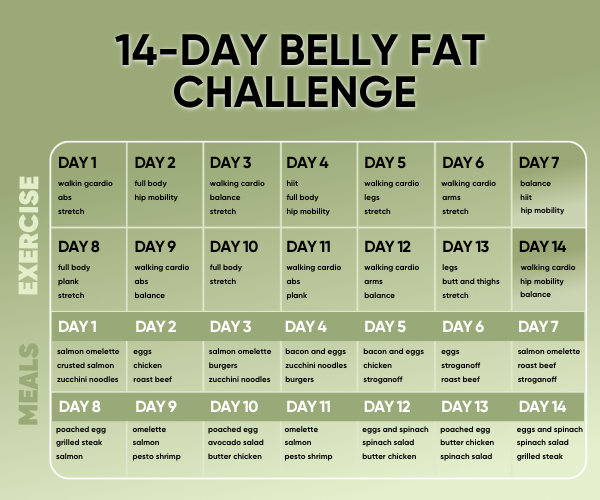
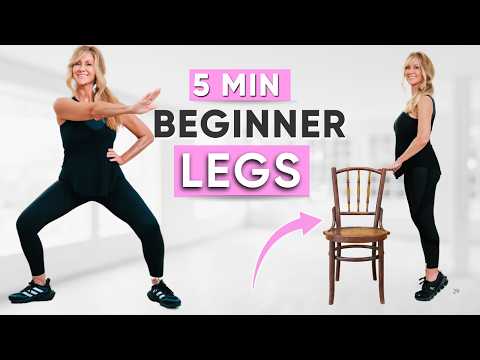
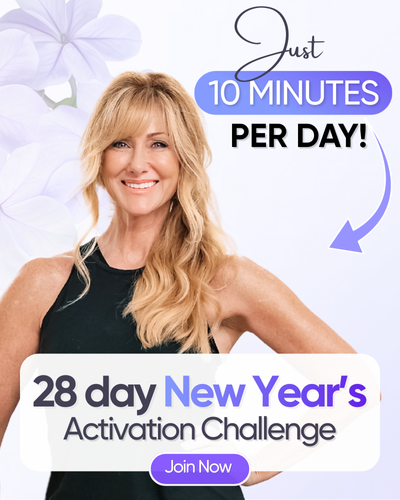







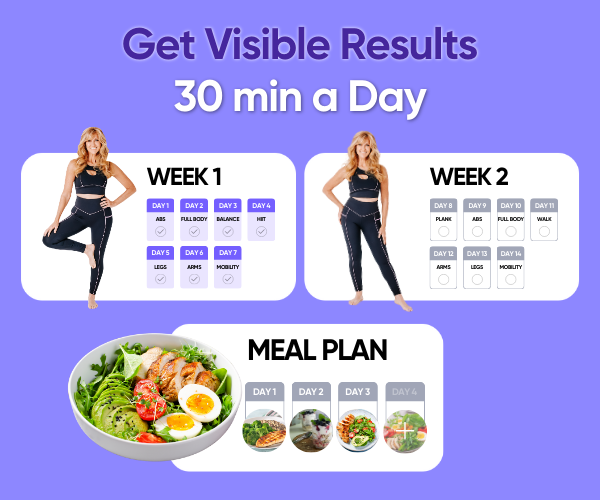

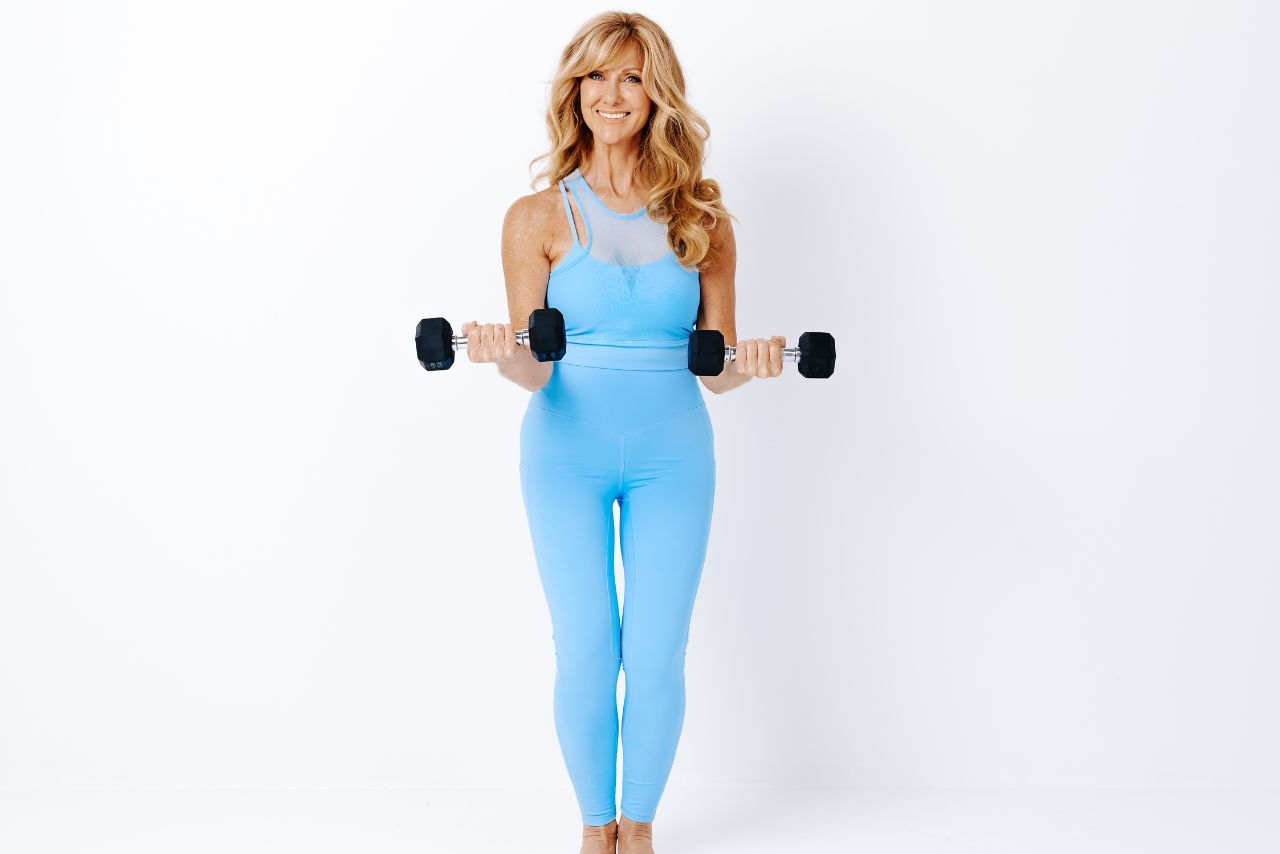

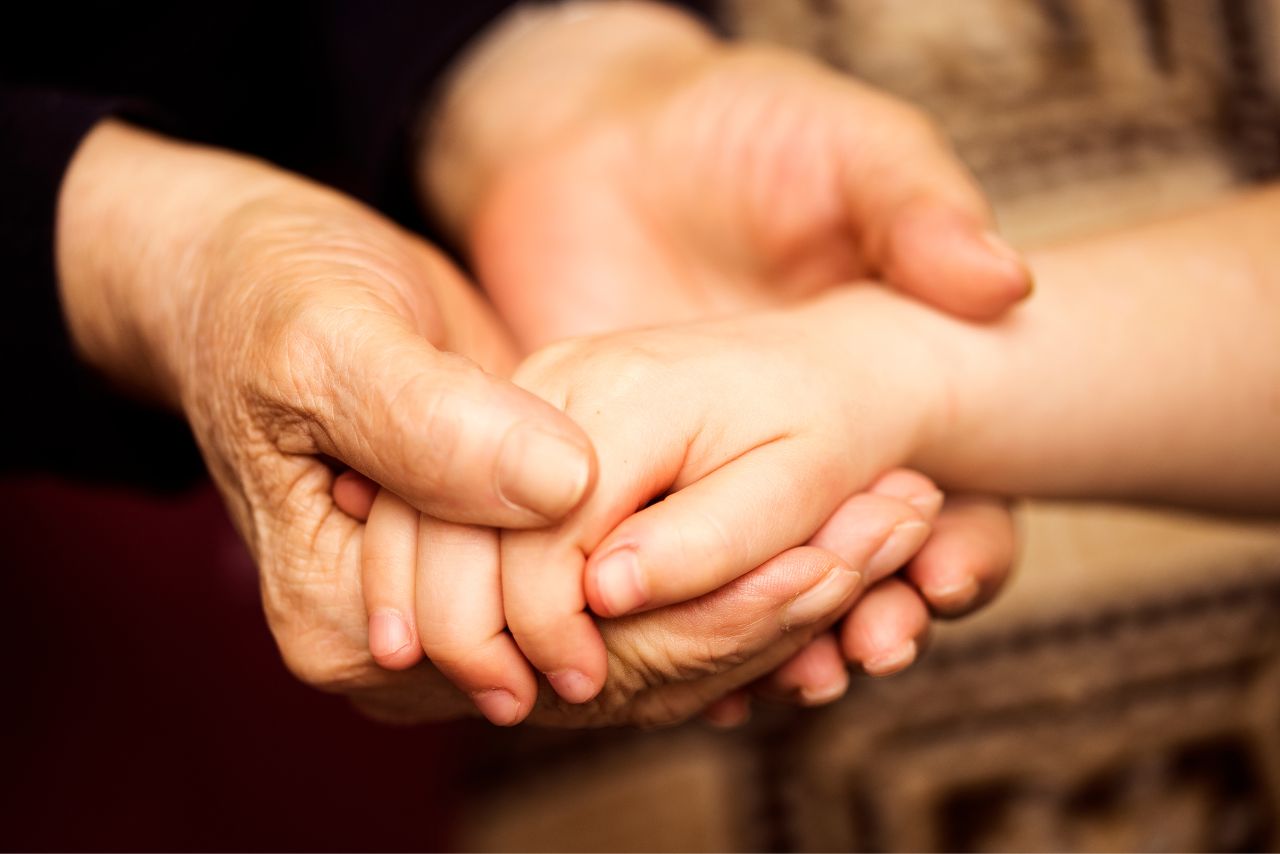

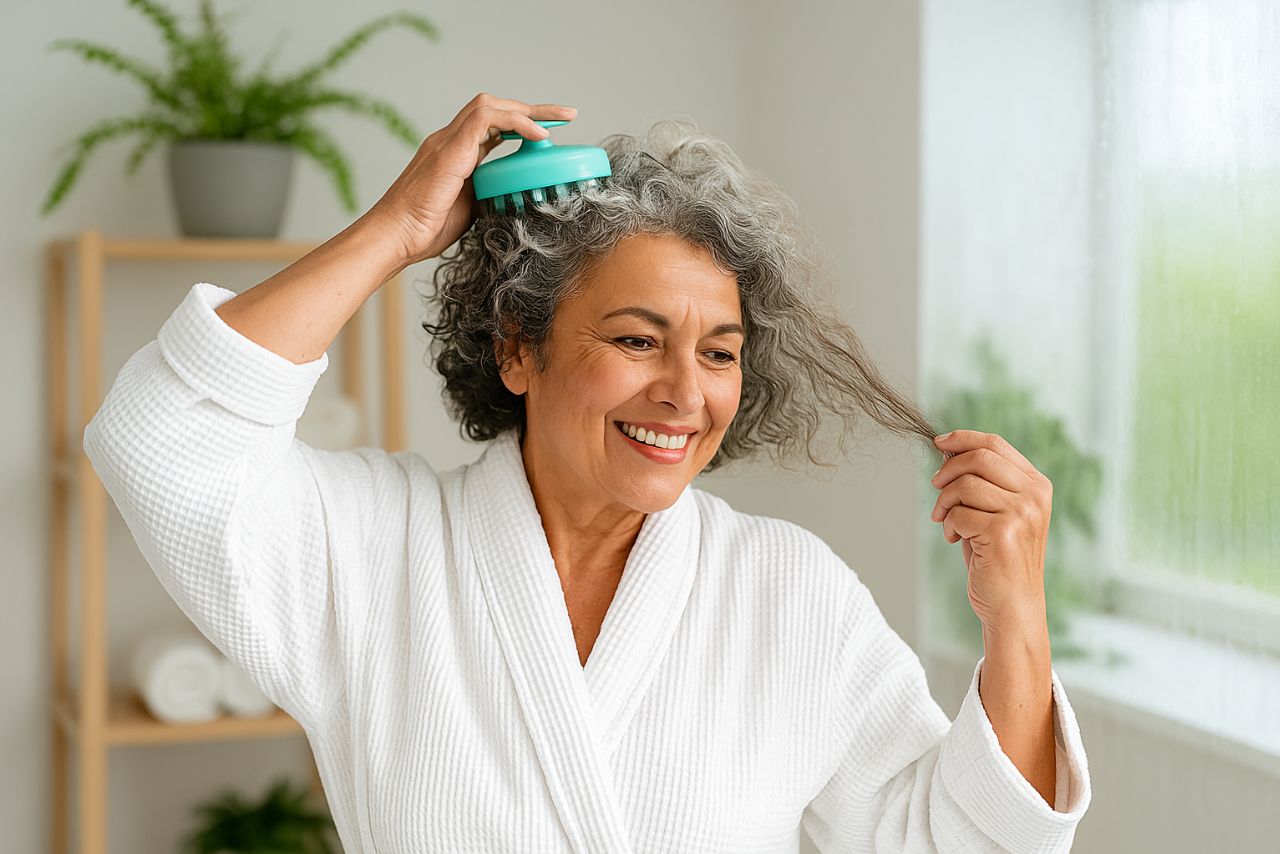
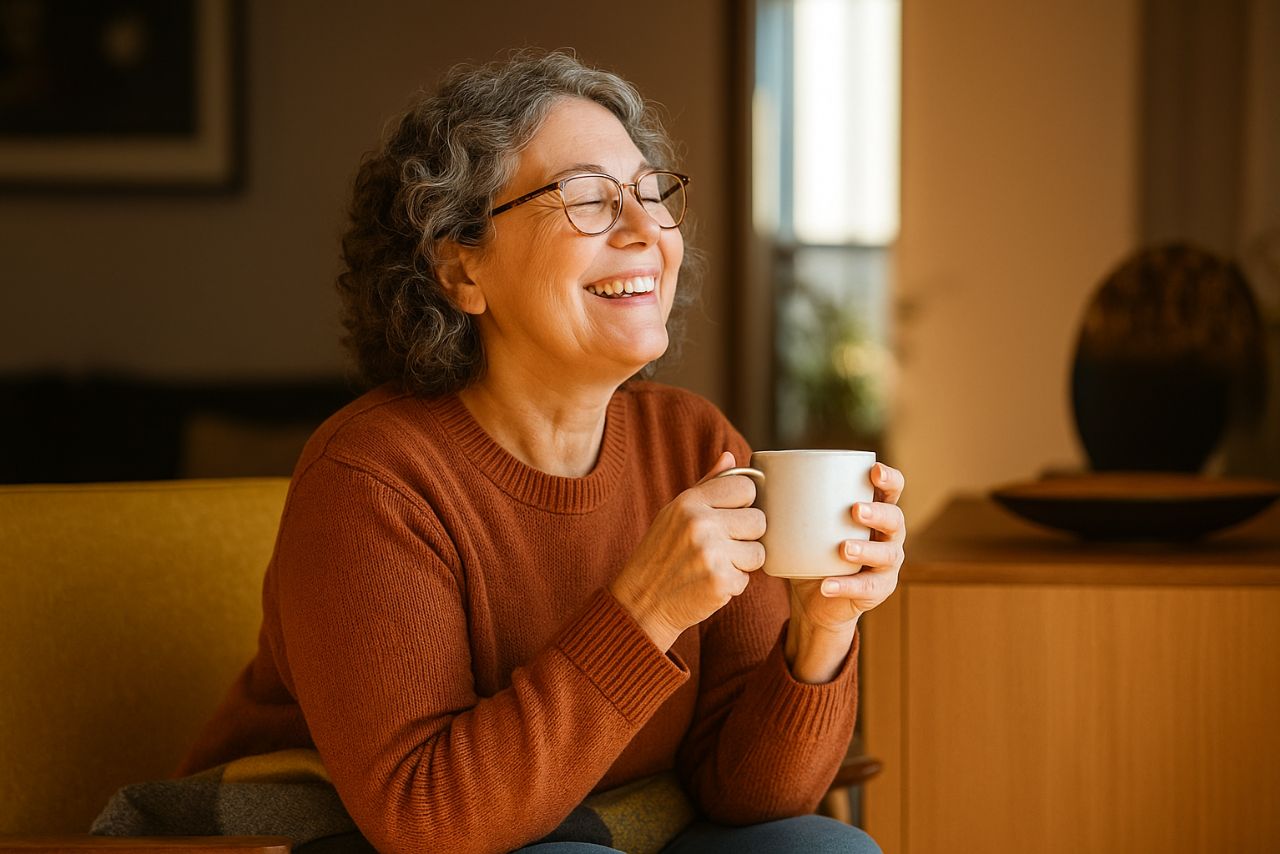
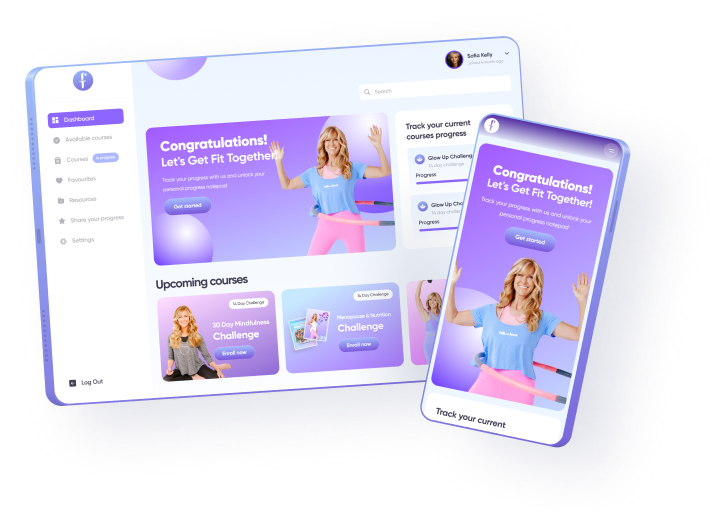
One Response
Thank you for breaking this down, it’s been incredibly helpful.